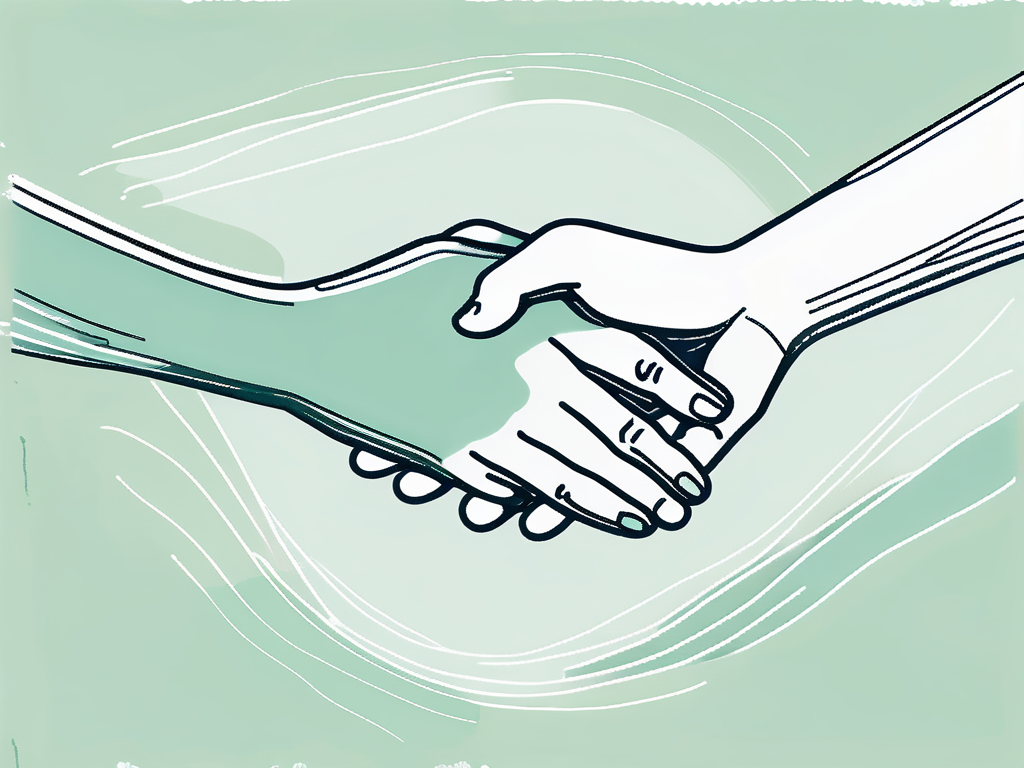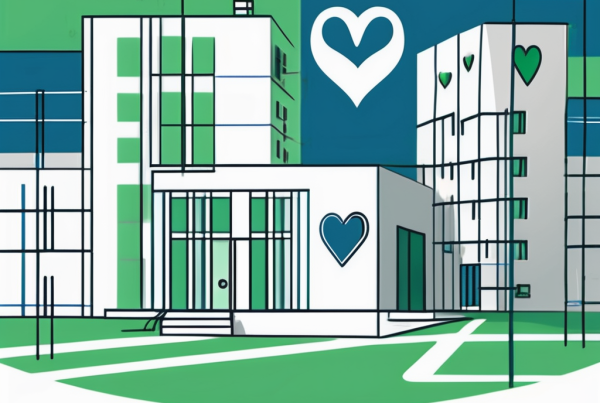Eating disorders are complex mental health conditions that require a comprehensive, multi-faceted approach to treatment. As a caregiver, your role is essential in supporting individuals on their path to recovery. Effective training equips caregivers with the skills and knowledge to provide the best care. This article outlines some of the most effective training methods for caregivers and provides a simple list of training options to help you become a more effective support system.
Quick Overview of Training Methods for Caregivers:
- Workshops and Seminars: Interactive learning platforms offering opportunities to learn from experts and engage with other caregivers.
- Online Courses: Flexible, self-paced courses that include video lectures, reading materials, and discussion forums.
- Books and Publications: In-depth resources that provide comprehensive information and insights into the experiences of those with eating disorders.
Understanding Eating Disorders
Eating disorders such as anorexia nervosa, bulimia nervosa, and binge eating disorder are serious mental health conditions characterized by abnormal eating habits that affect both physical and psychological health. These disorders often have complex causes, including genetic, biological, psychological, and social factors. Understanding the nature of these conditions is crucial for effective caregiving.
The Importance of Specialized Training for Caregivers
Caregivers need specialized training to understand how to support individuals with eating disorders. This training provides caregivers with essential caregiving skills and helps them manage their emotional wellbeing and prevent burnout. Proper training ensures that caregivers maintain a healthy relationship with the person they care for, setting the stage for a more effective recovery process.

Effective Training Methods for Caregivers
- Workshops and Seminars
Workshops and seminars are excellent for hands-on learning and real-time interactions. Caregivers can learn from experts in the field, ask questions, and share experiences. These events cover the latest research on eating disorders, effective treatment strategies, and practical caregiving skills. Many workshops are offered in-person and online, making them accessible to a broader audience. - Online Courses
Online courses offer flexibility, allowing caregivers to learn at their own pace. These courses often combine video lectures, reading materials, quizzes, and discussion forums. Some courses provide certificates upon completion, adding value to a caregiver’s professional credentials. - Books and Publications
Books and publications are valuable resources that cover various aspects of eating disorders, from causes and symptoms to treatment strategies. Reading such materials can deepen a caregiver’s understanding and provide new perspectives on caregiving techniques. Resources written by healthcare professionals and individuals who have personally experienced eating disorders can both be beneficial. Discover our Library of recommended readings here.
Conclusion
Effective caregiving for individuals with eating disorders starts with the right training. Resources such as workshops, online courses, and books can help caregivers build the skills and knowledge to support their loved ones through recovery. Proper training also helps caregivers set boundaries, manage their well-being, and provide care that promotes long-term recovery.
If you’re a caregiver looking to enhance your skills, ViaMar Health provides professional guidance and support. Our experienced team offers individualized, evidence-based treatment programs for all genders, including residential, partial hospitalization, and intensive outpatient care. Speak with an admission specialist today to start the journey toward effective caregiving and recovery.




